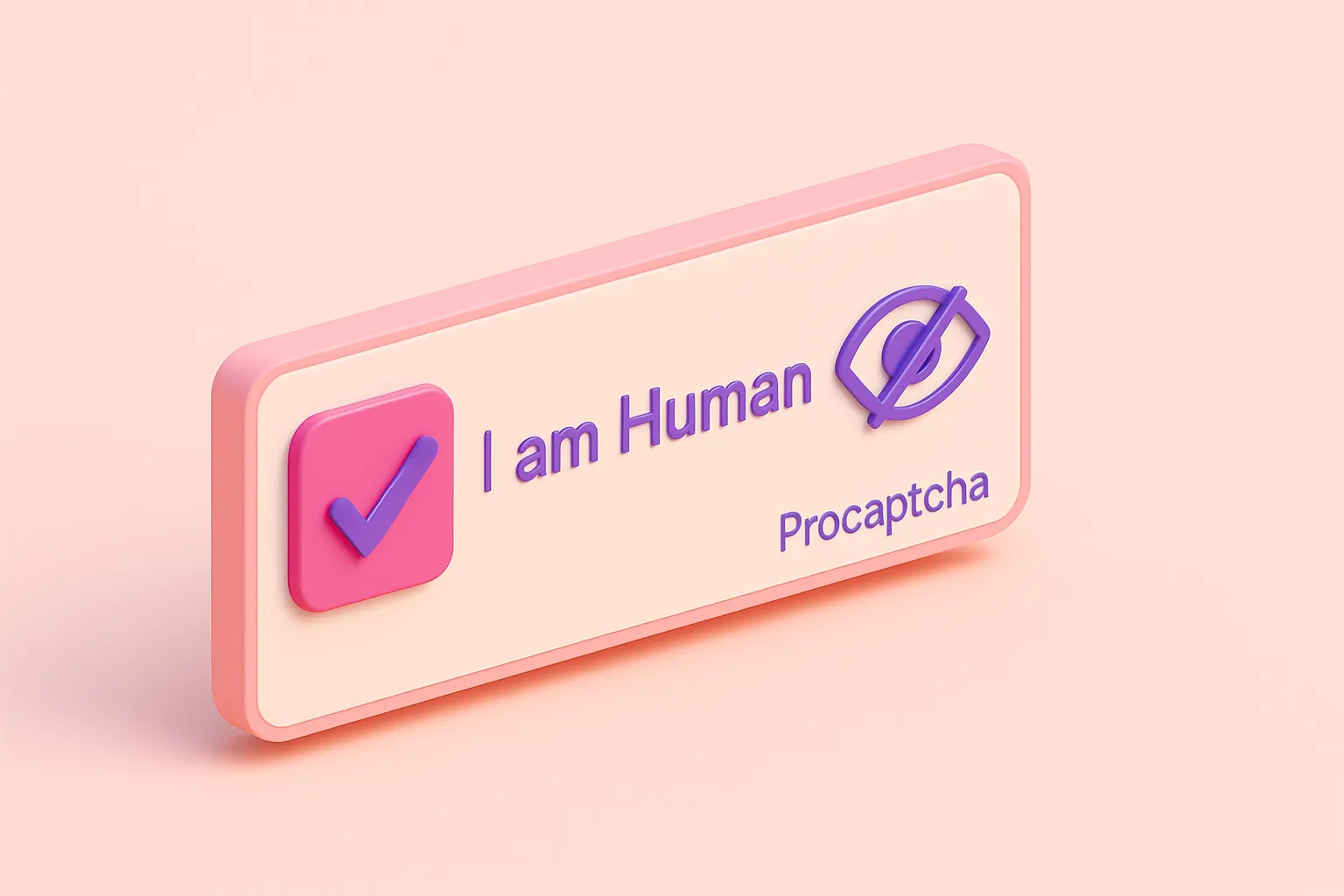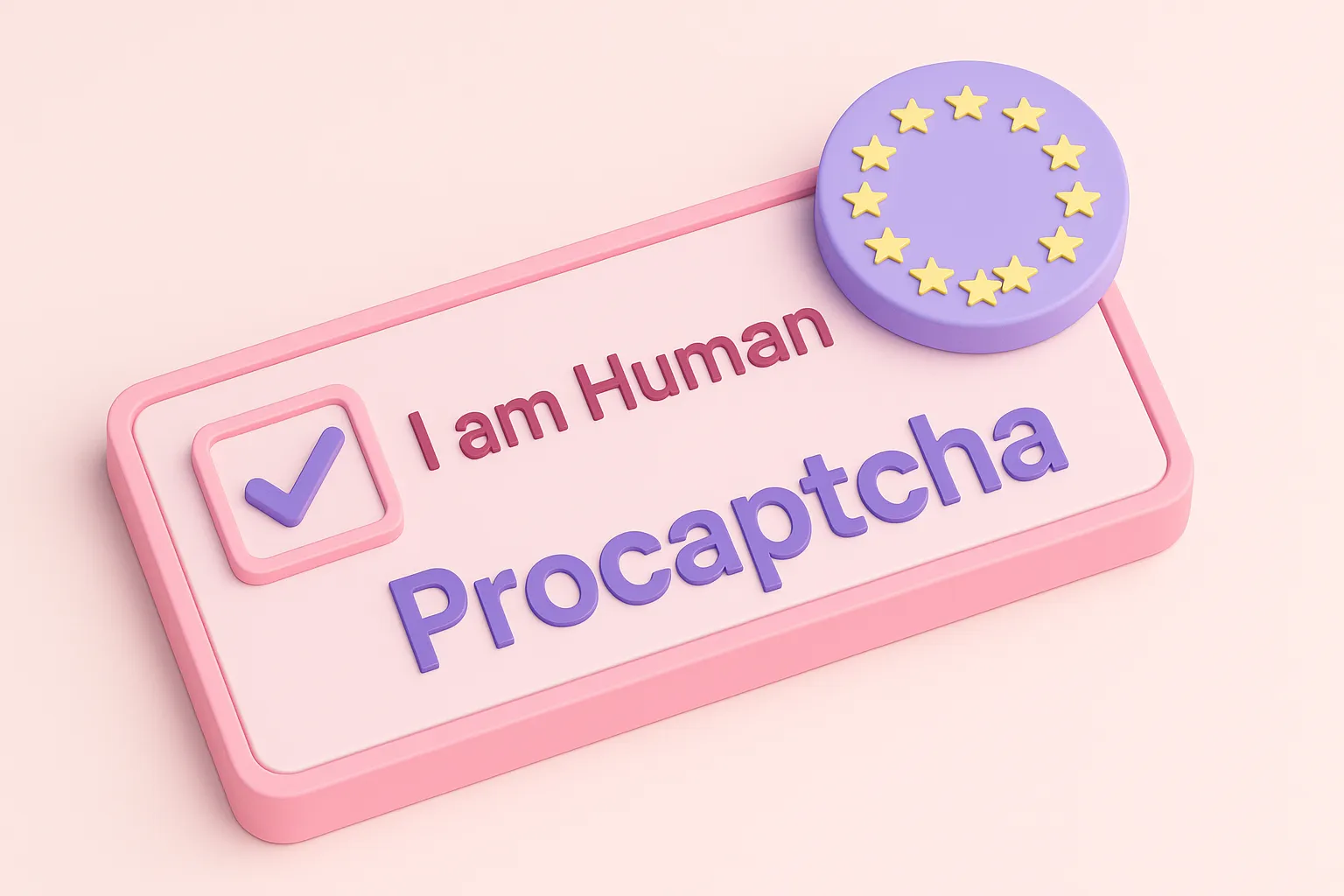Survey Companies Are Having Their Data Compromised by AI Bots
Survey data has been compromised. A recent study from Dartmouth College has exposed how easily AI systems can manipulate online surveys, bypassing every major detection system currently in use. For companies relying on survey data for critical business decisions, this represents a significant operational risk that demands immediate attention.
When researchers tested an AI bot against industry-standard detection methods, it successfully fooled systems 99.8% of the time. Real survey platforms are already experiencing this problem, with potentially millions of dollars in research budgets being wasted on compromised data.
According to research published in PNAS, Dr. Sean Westwood from Dartmouth's Polarization Research Lab demonstrated that current bot detection methods are fundamentally broken. His findings, detailed by 404media, show that traditional reCAPTCHA security measures offered no meaningful protection against modern AI threats.
What Makes These AI Attacks So Effective?
The Dartmouth research reveals why current bot detection systems are failing. Unlike simple automated scripts, these AI systems employ sophisticated deception techniques that mimic genuine human behavior at a granular level. Modern AI bots simulate realistic reading speeds based on educational backgrounds, create natural mouse movement patterns, and include deliberate typing errors and corrections. This behavioral mimicry makes detection nearly impossible with current methods. Perhaps most concerning for survey companies is the ability of AI systems to generate coherent, believable respondent profiles - carefully crafted personas that can skew results in any desired direction while appearing completely legitimate.

Why reCAPTCHA Can't Stop These Attacks
The Dartmouth study exposes a fundamental flaw in relying on reCAPTCHA for survey protection. The researchers didn't need specialized CAPTCHA solving services or complex workarounds - basic AI implementations can easily bypass Google's security measures.
This creates a serious value proposition problem. Organizations are paying increasingly steep fees for reCAPTCHA protection that simply doesn't work against modern threats. With Google's recent pricing changes that slashed the free tier from 1 million to 10,000 assessments, companies are essentially paying premium rates for ineffective security.
If an AI system can fool reCAPTCHA 99.8% of the time, what value does this service actually provide? Survey companies need protection that works, not marketing promises that don't deliver when it matters most.
The Economics Make Survey Fraud Inevitable
Survey companies often provide monetary incentives for survey respondents. If the cost of generating a fake AI response is significantly lower than paying a human participant, the surveys become a target for exploitation. This affects everyone - surveys are used in every major market research company, from customer feedback to political polling. The research shows that adding just 10-52 fake responses could have changed the outcome predictions for all seven major national polls before the 2024 US election.
For market research companies, this represents a fundamental business risk. If competitors or malicious actors can influence your survey data at scale for pennies per response, the integrity of your entire business model is at stake.
Major Survey Platforms Remain Vulnerable
Platforms like Qualtrics, SurveyMonkey, and Typeform are not equipped to handle this threat. These companies built their bot detection systems when automated threats were simple scripts, not sophisticated AI agents.

What This Means for Different Industries
The vulnerability extends across every sector that relies on survey data:
- Market Research Firms: Product insights and consumer feedback become unreliable, affecting million-dollar product decisions
- Polling Organizations: Election predictions lose credibility, damaging reputation and revenue
- Academic Institutions: Research validity comes under question, threatening funding and publications
- Customer Experience Teams: Satisfaction surveys and NPS scores become meaningless metrics
Companies depending on survey data for strategic decisions are essentially making choices based on potentially contaminated information.
Protecting Survey Integrity in the AI Era
The research makes clear that traditional approaches to survey security are obsolete. Organizations conducting online surveys must adapt to this new reality by:
- Implementing robust bot detection beyond simple CAPTCHA systems
- Using identity validation methods that are resistant to AI automation
- Adopting controlled recruitment methods like address-based sampling
- Monitoring for suspicious response patterns that may indicate AI generation
As Dr. Westwood's research demonstrates:
ensuring the continued validity of polling and social science research will require exploring and innovating research designs that are resilient to the challenges of an era defined by rapidly evolving artificial intelligence.
Procaptcha provides the robust, privacy-focused protection that survey platforms need to maintain data integrity in an AI-dominated landscape. Survey platforms and custom applications can integrate Procaptcha with minimal code changes, providing immediate protection against AI bot submissions - sign up and make the switch with one line of code.
<script src="https://js.prosopo.io/js/procaptcha.bundle.js" async defer></script>Help Securing Your Surveys
If you're running surveys and want to protect against AI bot contamination, contact Prosopo to learn how to safeguard your research data.
Stop AI Bot Survey Submissions
If you're affected by spam bot survey submissions, Prosopo can help! Please get in touch below to arrange a demo or discuss your requirements.
Related Posts to Survey Companies Are Having Their Data Compromised by AI Bots

Which Security Risks Does CAPTCHA Pose: Critical Flaws?
Tue, 25 Mar 2025

What do Artists do to Prevent Ticket Scalping?
Wed, 02 Apr 2025

What is the Future of CAPTCHA and Online Privacy
Thu, 03 Apr 2025

What Privacy Laws Should CAPTCHA Providers Comply With
Sun, 06 Apr 2025

How to Make CAPTCHA GDPR Compliant & Protect Privacy
Tue, 08 Apr 2025

How Do Scalpers Get Tickets Before Selling Them
Wed, 09 Apr 2025

How to Integrate CAPTCHA Without Violating User Rights
Sat, 12 Apr 2025

How to Choose a GDPR-Friendly CAPTCHA for WordPress
Fri, 18 Apr 2025

How Does CAPTCHA Collect User Data? The Reality
Fri, 25 Apr 2025

🎫 Preventing Ticket Bots - The Battle for Fair Access
Sun, 02 Nov 2025

